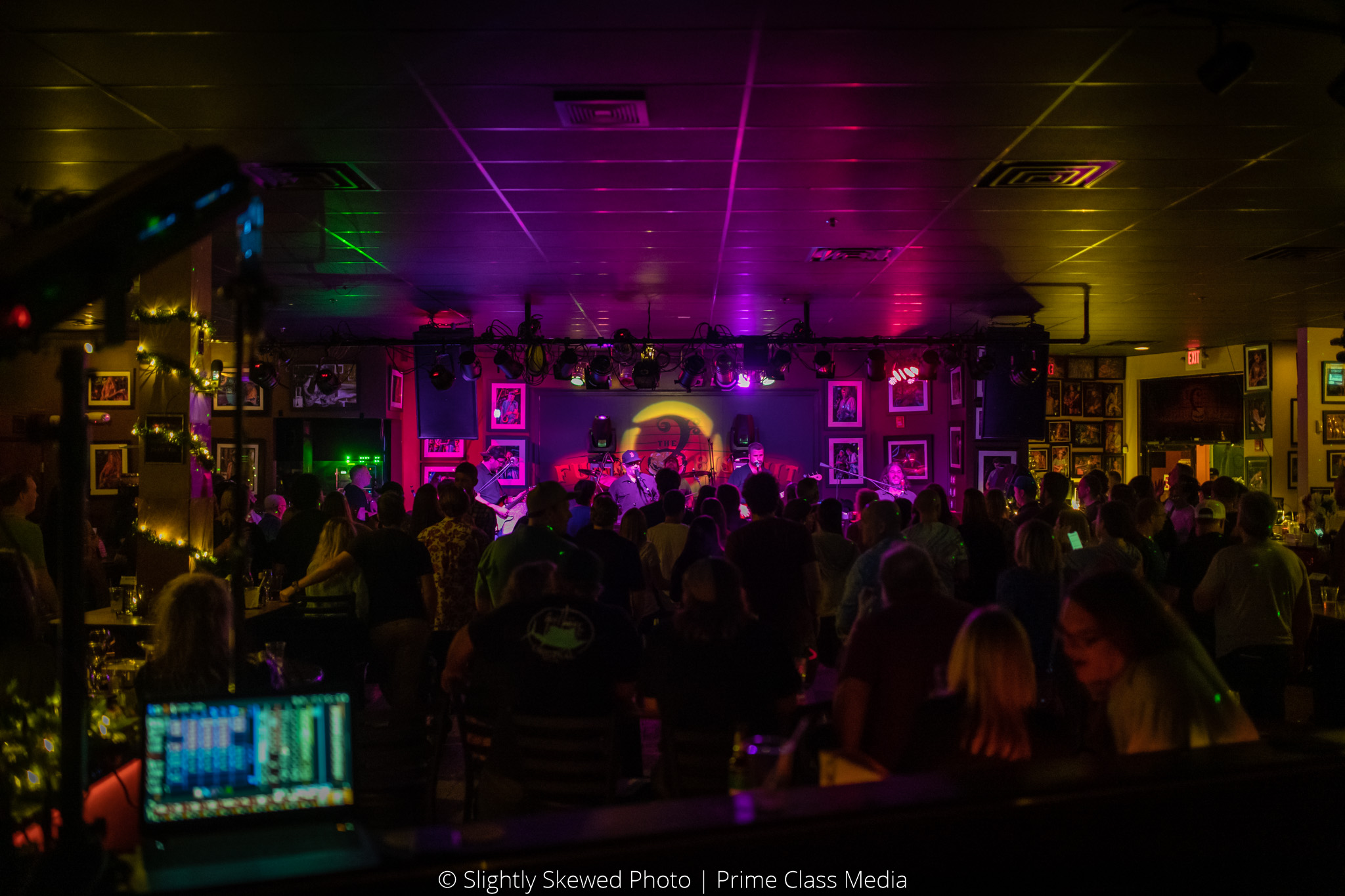
“Acute Truth” pairs a slow, swinging bass-and-drums groove with droning strings from Los Angeles cellist Kelsey Lu, suggesting an unexpected collision of London jazz hub Total Refreshment Centre with New York minimalist temple Theater of Eternal Music. The opening “On Grounds,” a wistful meditation on friendship and support networks sung by Coby Sey, begins with an ambient-jazz swirl reminiscent of Nala Sinephro and gradually builds into a chugging, house-adjacent four-on-the-floor. If skeletal funk rhythms and a pervasive neo-soul melancholy tend to remain constant across the album, the group nonetheless pushes those influences in a variety of directions. All that time spent polishing sounds in Ableton makes for some striking details: The vibey “Wavelet” repeatedly zooms in on a captivating few milliseconds of snare flam, turning the offhanded accent into one of the song’s defining features. It thrives on the symmetry of the almost imperceptibly cut-up breakbeat, as well as the uncannily perfect repetition of Hutchings’ runs, suggesting something like Jean Paul Goude’s cover for Grace Jones’ Slave to the Rhythm, in which some deft razor-and-tape work turned the singer into an eerie, broken-mirror image of herself. The quartet’s grooves lurch and roll with that deep-in-the-pocket funk of seasoned players vibing off each others’ energy at the same time, a track like “Shabz Needs Sun,” featuring needling flute runs from Hutchings, simply wouldn’t sound the same played live. In many ways, it’s a best-of-both-worlds scenario. (Like Dilla, whose rhythmic signature influenced the group’s loping, cut-up grooves, Biscuit pieced together some of the album from his hospital bed during a lengthy convalescence.) They began tracking the album’s raw material across four weekend-long jam sessions in 2016, and over the next seven years, Biscuit, the group’s de facto producer, gradually chopped and looped instrumental parts into their final shape, folding in additional sessions and guest contributions along the way. They honed their chops over innumerable improvisatory live sets, but Further Out From the Edge is the product of painstaking offstage labor.

The house band’s lineup has evolved over the years these days, Speakers Corner Quartet consists of bassist Peter Bennie, drummer Kwake Bass, flutist Biscuit, and violinist Raven Bush.

Channeling decades of UK soul, it’s elegant, reflective, and immaculately constructed. Further Out From the Edge is that group’s debut album, and despite the range of guests-singers like Tirzah, Sampha, and Lafawndah poets Kae Tempest and James Massiah woodwind player Shabaka Hutchings, of Sons of Kemet and the Comet Is Coming, and cellist Mica Levi-the record’s slow-burning hybrid of jazz, hip-hop, and dance music is a world away from the hoarse, anarchic tenor of the club night’s namesake.

Since 2006, some four miles to the southeast, MCs and poets have been taking the stage at Speakers Corner-a hip-hop and spoken-word night at the city’s Brixton Jamm nightclub-to the accompaniment of the in-house band. Karl Marx and George Orwell each took a turn there so have innumerable preachers, cranks, and conspiracy theorists. For more than 150 years, amateur orators have been clambering atop soapboxes in Speakers’ Corner-as the quadrant along the northeastern edge of London’s Hyde Park is known-to rant, declaim, and pontificate.


 0 kommentar(er)
0 kommentar(er)
